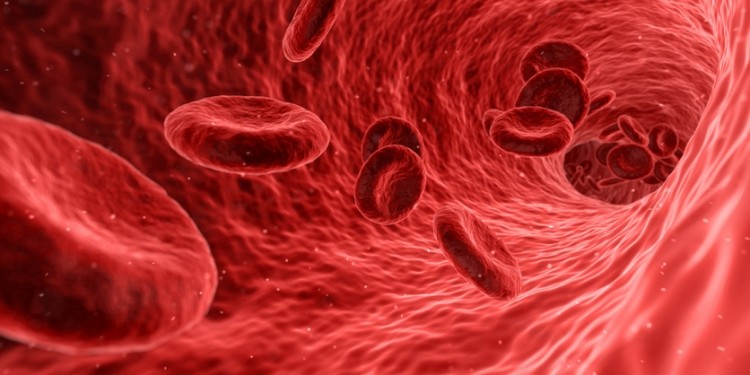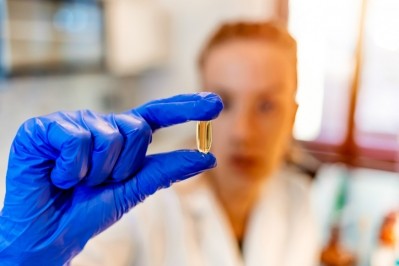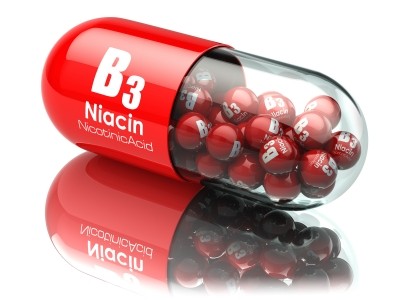Low B vitamin levels can lead to arterial degradation independent of cholesterol, study suggests

The new research was published in the journal Biomedicine and Pharmacotherapy. It was the work of researchers from Austria and Norway.
B vitamins needed for homocysteine utilization
The researchers noted that one of factors that contributes to arterial plaques in humans is a high level of homocysteine in the blood. Homocysteine is an amino acid naturally present in the body that gives rise to important proteins. Vitamin B12, vitamin B6 and vitamin B9 (folate) break down homocysteine to generate other chemicals the body needs.
Too much homocysteine in the blood is an independent risk factor for cardiovascular disease, dementia, blood clots and stroke. Too high levels of homocysteine can be indicative of a vitamin deficiency or of an underlying condition.
While the link between too much homocysteine and arterial wall injury has been established, it is still imperfectly understood, the researchers said.
Automating the arterial injury model
The model for the research was the JURY device, which was developed to test arterial wall injury in rabbits. The device controls the pressure administered to the arterial wall and the speed of retraction of the catheter, compared to most research of this kind, in which the pressure is administered manually by a technician, who then retracts the device from the animal’s artery manually as well.
The variability of the manual approach has hampered reproducibility in the past, the researchers wrote, therefore restricting how well the animal data so generated can be applied to humans. One of the goals of the research was to test the quality of data that results from this automated system.
The researchers said a better understanding of atherosclerosis injury mechanisms is of critical importance, because the problem is becoming widespread globally, and is no longer strictly limited to Western diet-induced lifestyle factors.
“Today only half of all atherosclerosis cases can be explained by established risk factors, with many young or middle-aged individuals displaying asymptomatic and subclinical atherosclerotic lesions,” they said.
Low B vitamins injured arteries with —and without — high cholesterol
The researchers used a variety of rabbit breeds in the experiment. The rabbits were divided into four groups, one of which ate a standard chow, another that ate a diet deficient in B vitamins, third that ate a diet with added cholesterol and a fourth that combined low B vitamins and high cholesterol.
The animals were first acclimated for two weeks, and then underwent surgery in which the balloon catheter was inserted and vessel wall injury induced in an abdominal artery. Then the animals ate their respective diets for another six to eight weeks depending on the group, after which they were euthanized and the arteries dissected for examination.
“While our data do not allow to conclude whether depleted vitamins B12, B6 or folate, reduced availability of choline or accumulated Hcy is responsible for the changes observed, they clearly show that combining HCD (high cholesterol diet) and VCDD (vitamin and choline deficient diet) markedly increases atherogenic transformation of the aorta. Thus, these results suggest that hypercholesterolemia and interference with Hcy metabolism or other consequences of vitamin deficiency have synergistic effects on atherosclerosis development,” the researchers concluded.”
“Furthermore, VCDD leads to atherogenic transformation of the aorta even in the absence of HCD,” they added.
Source: Biomedicine and Pharmacotherapy
Volume 154, October 2022, 113640
Deficiency of B vitamins leads to cholesterol-independent atherogenic transformation of the aorta
Authors: Almer G, et al.
















